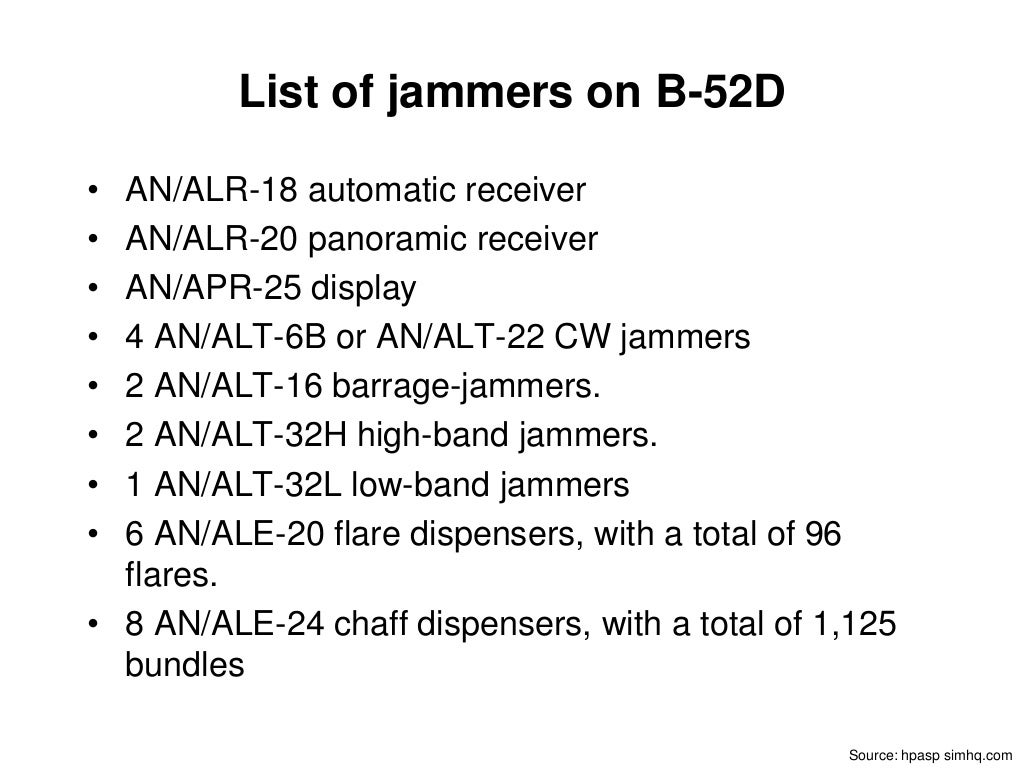
The practice of investing through layers of funds, known as funds of funds, can make it all but impossible to know where money is coming from. She added that Flirtey would support any new “mandate that investors must disclose if they have any form of backing from government entities, to help ensure there is never a question in the future.” “We would not knowingly accept money from the Chinese government we take investment from Delaware-registered, Silicon Valley-based venture capital firms,” the spokeswoman said. A spokeswoman for Flirtey said Danhua’s minority investment did not come with any information rights or a board seat, and the firm is not involved in Flirtey’s operations. We will of course fully comply with any legislations and regulations.”Ĭohesity declined to comment. In an email, he said: “Most of our (limited partners) are publicly listed companies in New York or Hong Kong stock exchanges. Shoucheng Zhang, Danhua’s founder and a Stanford University physics professor, declined to answer specific questions from Reuters. air space, is also part of the Danhua portfolio. Department of Transportation to participate in projects to help the agency integrate drones safely into U.S. Drone startup Flirtey, which in May was selected by the U.S. Its investments include data management and security company Cohesity, which counts the U.S. Venture firms are not obliged to disclose who their investors are and entrepreneurs rarely ask, leading some dealmakers to question how CFIUS could keep tabs on startup investing.ĭanhua Capital, which is backed by the Zhongguancun Development Group, a state-owned enterprise funded by the Beijing municipal government, has holdings in some of the most sensitive technology sectors. Until recently, the original source of funds for venture investments has not been an issue in Silicon Valley. “The window for some startups to raise money from China may be closing,” said Chris Nicholson, co-founder of AI company Skymind, which has raised money from Chinese Internet group Tencent Holdings Ltd and a Hong Kong family office. Venture firm Andreessen Horowitz is counseling startups that if they raise money from a China-backed investor, they put themselves at risk of government scrutiny, a person with knowledge of the matter said.

The possibility of a regulatory crackdown has caused unease in the startup world. That empowers them to request information about startups or help them to open offices in China - potentially opening those startups to CFIUS review. But venture capital sources say that Chinese government funds often play a more influential role in the smaller venture firms they back by providing a greater percentage of their funding. The university endowments and family offices that traditionally provide most of the money for venture firms are usually one of many limited partners and have minimal if any involvement in the startups they help fund.Ĭhinese entities also sometimes take a passive role in big venture funds. But limited partners that have some control over the business, or firms whose managing partner is a “foreign person”, could be subject to scrutiny. The latest version of the bill exempts “passive” investors, which would cover many of the limited partners that back venture firms. security establishment is happening in the startup world,” said Stephen Heifetz, a former member of CFIUS and now a lawyer representing companies going through CFIUS review. “The perception is that a lot of the tech transfer of worry to the U.S.
government’s Committee on Foreign Investment in the United States (CFIUS) wide latitude to decide what sorts of deals to examine, eliminating certain ownership thresholds, with a particular focus on so-called “critical” technologies. companies, including venture investments.
Congress finalizes legislation that dramatically expands the government’s power to block foreign investment in U.S. That may well be poised to change as the U.S. public companies, investments in startups, even by state-backed entities, have been largely untouched. government is taking an increasingly hard line against Chinese acquisitions of U.S. More than 20 Silicon Valley venture capital firms have close ties to a Chinese government fund or state-owned entity, according to interviews with venture capital sources and publicly available information. Yet it was also established and funded with help from the Chinese government. FILE PHOTO: Stanford University's campus is seen in an aerial photo in Stanford, California, U.S.


 0 kommentar(er)
0 kommentar(er)
